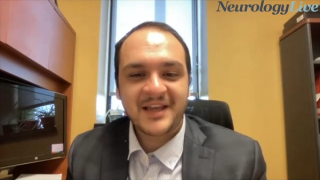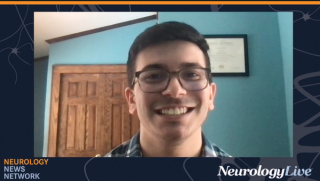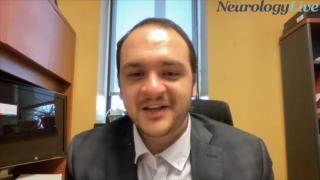
MS and Demyelinating Disorders
Latest News
Latest Videos

CME Content
More News

Bryan Walker, MHS, PA-C, describes the rationale for treating relapsing multiple sclerosis (MS) with sphingosine 1-phosphate (S1P1) receptor modulators and compares available options.
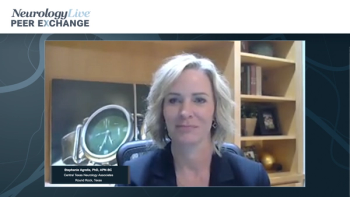
Best practices for treating patients with relapsing multiple sclerosis (MS) with cladribine, based on data revealed by clinical trials and experience in real-world practice.

The registry aims to enroll approximately 800 patients with NMOSD to evaluate the efficacy of new medications and treatments.

The director of IT and Neuroinformatics Development at the Buffalo Neuroimaging Analysis Center discussed the potential advantages AI-built neuroimaging brings to neurology.

Every patient who underwent physical therapy reported a positive change, ranging from moderately better to much better, while 9 patients on placebo did not notice significant changes or reported worsening of their condition.

Catch up on any of the neurology news headlines you may have missed over the course of the last month, compiled all into one place by the NeurologyLive team.

Although infusion-related reactions were among the most frequently reported AEs, most patients did not experience them, and the majority of those who did reported mild to moderate reactions.

Here's what is coming soon to NeurologyLive.

Take 5 minutes to catch up on NeurologyLive's highlights from the week ending September 3, 2021.

A discussion on the integration of newer therapies, like cladribine, into the treatment landscape for relapsing multiple sclerosis (MS), and insight regarding what is currently understood about risks of disease progression and relapse.

An overview of clinical trial data supporting the use of cladribine as treatment for relapsing multiple sclerosis (MS).

The director of the Mayo Clinic Center for Multiple Sclerosis and Autoimmune Neurology discussed unmet needs of care for patients with neuromyelitis optica spectrum disorder.
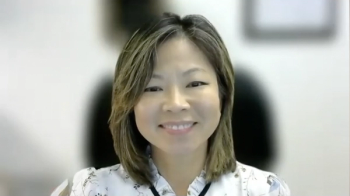
The neuro-ophthalmologist at UT Southwestern further discussed the high cost of treatment for patients with neuromyelitis optica spectrum disorder and the need to improve access to care.

The neuro-ophthalmologist at UT Southwestern Medical Center discussed optical coherence tomography and antibody detection technology used to diagnose optic neuritis associated with NMOSD.

Here's what is coming soon to NeurologyLive.

The director of Mayo Clinic Center for Multiple Sclerosis and Autoimmune Neurology provided context on challenges within the NMOSD space and what’s next following the first-approved therapies.

Discussing NMOSD’s relation to AQP4 and pattern enhancement on MRIs, the neuro-ophthalmologist at UT Southwestern Medical Center further commented on the importance of early diagnosis.

Bruce Cree, MD, PhD, clinical research director of the UCSF Multiple Sclerosis Center, provided context on the status of patient education efforts and clinical development for neuromyelitis optica spectrum disorder.

A literature review evaluated phase 3 trials in patients with secondary progressive multiple sclerosis, including trials dating back to 1990, to establish the most important measures used.

Neurology News Network for the week ending August 28, 2021.

The neuro-ophthalmologist from UT Southwestern Medical Center provided her opinion on the state of care for patients with NMOSD and associated optic neuritis technology.

Take 5 minutes to catch up on NeurologyLive's highlights from the week ending August 27, 2021.

The results support continued development of tolebrutinib 60 mg in phase 3 trials for MS, based on the well-established relationship between reductions of Gadolinium-enhancing lesions and relapse rates.
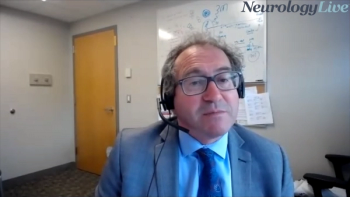
The director of Mayo Clinic Center for Multiple Sclerosis and Autoimmune Neurology discussed the most notable recent advances that has propelled care for patients with NMOSD.

Health care professionals who work in the field of neurology comment on their experience using interferon therapies and glatiramer acetate as treatment for relapsing multiple sclerosis.





